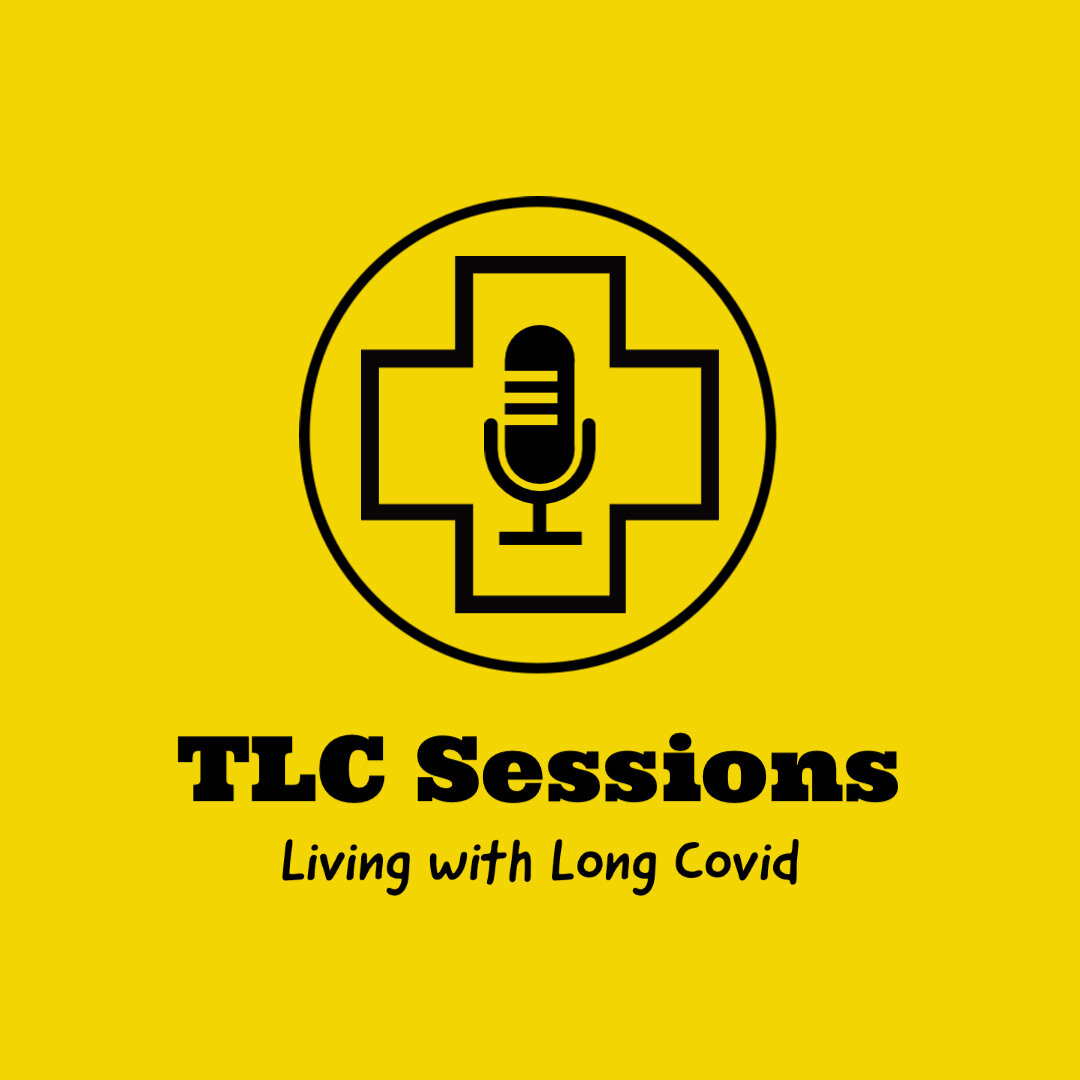Episode 36: Dr Alec Schmaier - the endothelium
Some studies suggest that Long Covid symptoms may be due to persistent endothelial dysfunction. Your endothelium is a thin membrane that lines the inside of the heart and blood vessels. Endothelial cells release substances that control vascular relaxation and contraction as well as enzymes that control blood clotting, immune function and platelet adhesion. Clotting is well documented in acute Covid and we are seeing more and more studies saying that this dysfunction is occurring in people who had a mild experience of acute COVID-19.
We turned to Dr. Alec Schmaier, a brilliant cardiology & vascular medicine physician-scientist, who has spent years specialising in this micro vasculature long before Covid. Dr. Schmaier has studied the impact that COVID-19 has on the endothelium. He is quick to qualify his research within the lens of his specialty which is something we need to keep in mind when listening to different doctors and researchers.
“I think this is like one of those excellent examples of the blind person feeling the elephant, you know, that based on your prejudice and how you approach clinical problems, you're going to have a different perspective. So I'm a cardiologist and vascular medicine physician. The research that our lab focuses on is on how endothelial cells, become dysfunctional and promote blood clotting disease. So that's the window with which I approach problems like this to the world. I think, most of my input and opinions are based on that lens on this problem. One thing that's clear is that it is a very complex and multifaceted problem and so there's not just one explanation. The beauty of the vasculature is that it supplies every organ. It's the roads or the highways and the local roads to every organ in the body. So if they're not working well then all those organs will will not work well. And so perhaps it is a common link to explain a lot of the multi organ system dysfunction in COVID-19. And, and post acute sequelae of Covid.” He explained.

